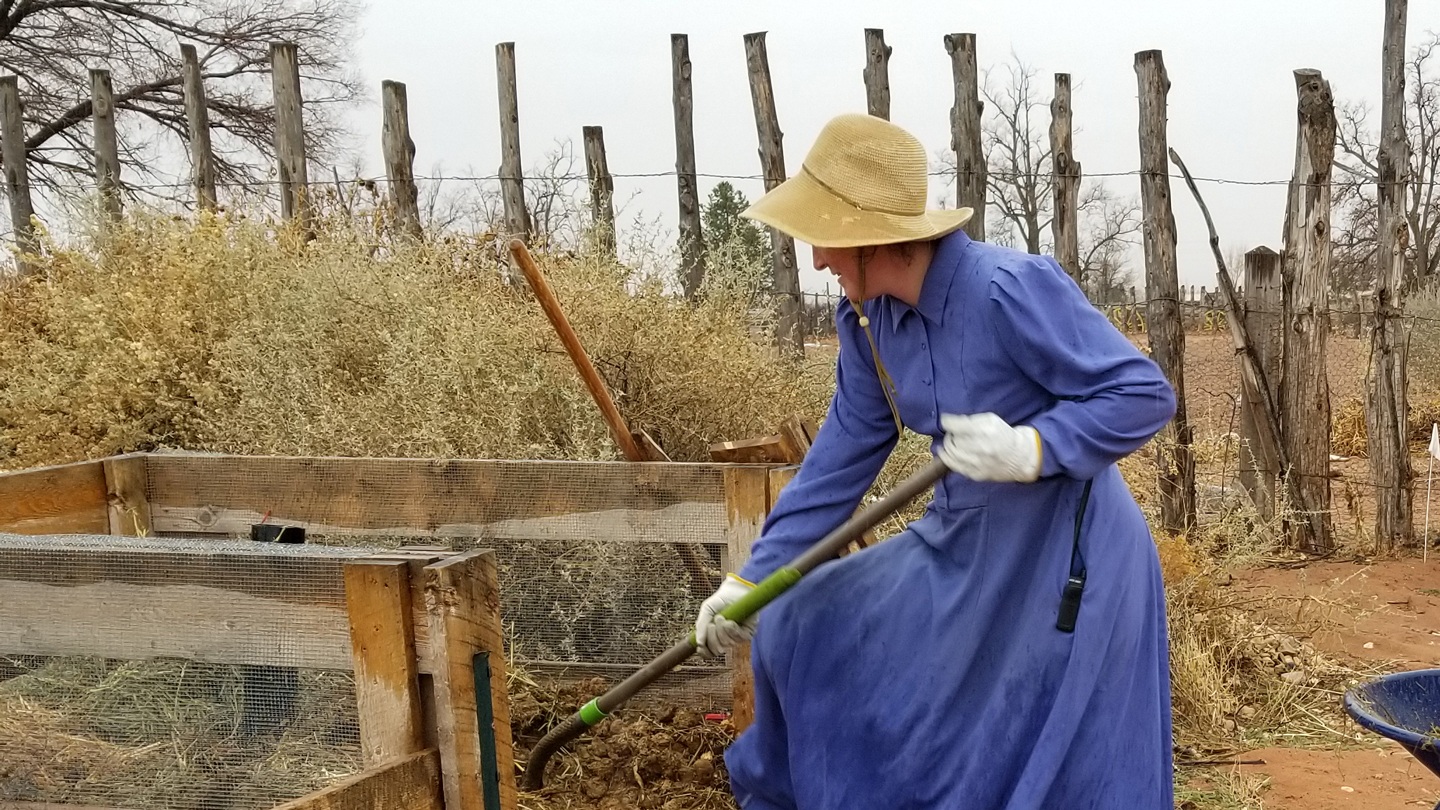Growing Community and Gardeners at Pipe Spring
Out of the harsh, seemingly uninhabitable desert landscape, heirloom variety plants sprout every summer in the Pipe Spring interpretive garden. Unique within the National Park Service, the Pipe Spring garden offers experiential learning opportunities for park guests who marvel as they walk by rows of squash, corn, sorghum, and melons grown in red sand. Every year, the bounty of the garden harvest is provided to park visitors and to the communities surrounding the park, carrying on the honored tradition of communal sharing of food practiced by both the Kaibab Band of Paiutes and pioneer settlers from the Church of Jesus Christ of Latter-day Saints.
This gift would allow Pipe Spring Rangers to deepen community connections with the interpretive garden through development and delivery of a Master Gardener training program for local residents. Individuals and families from the Kaibab Paiute Tribe, and other rural communities surrounding Pipe Spring, would come together to learn the science and art of horticulture blending Native American, settler, and modern techniques. Gardening projects strengthen communities in well-documented ways, such as increasing access to nutritionally rich food, offering recovery from mental fatigue, and facilitating meaningful peer-to-peer relationships. Extending the Park Service ethos of shared responsibility over open space, the Master Gardener training, curated by Pipe Spring staff, will empower rural families to grow (and share) garden food and offer knowledge in home gardening.

